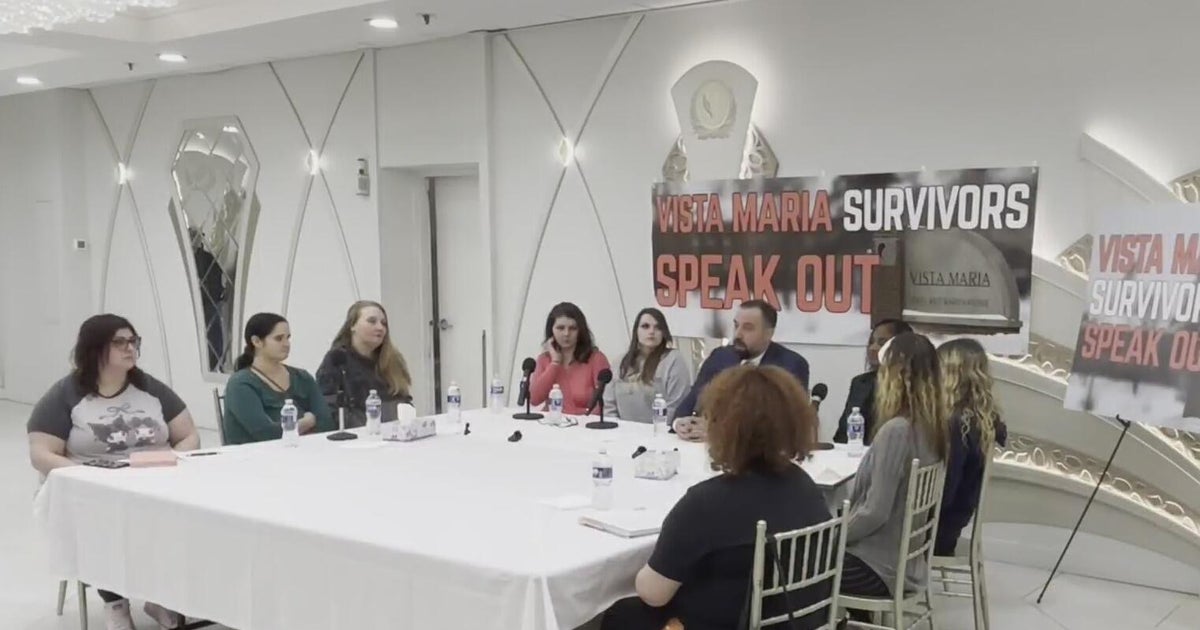What parents can do to help stop cyberbullying
Michigan is the latest state to enact a law making cyberbullying a crime. The new law defines cyberbullying as posting a message in a public forum that would make a person fearful of bodily harm or death. If found to cause a victim's death, cyberbullying in Michigan is punishable by up to 10 years in prison and a $10,000 fine.
The law was inspired by college student Haley Petrowski's experience with cyberbullying in high school. Petrowski said a suicide prevention group called Project Semicolon helped her through the tough times.
"The law is the ultimate 'I'm here for you,' but it also reaffirms to people who are experiencing cyberbullying that this is happening and people are going to do something about it and it's not just words," Petrowski said.
CBS News legal analyst Rikki Klieman joined "CBS This Morning" to discuss why it's so difficult to tackle cyberbullying in the legal system and what parents can do to protect their kids outside the law.
"I say bravo to Melania Trump for her Be Best campaign but public awareness it's not enough. The only thing that's going to work here I say is swift and certain punishment," Klieman said.
But proving that cyberbullying is the reason someone chose to harm themselves is no easy task.
"You can have mental illness. You could have parents getting a divorce. You could have someone who simply breaks up with that person, the male or female who has left that person. You could have drug problems. There are all kinds of issues that get in the way of causation," Klieman said.
Klieman recommends that parents first and foremost maintain an open and safe dialogue with their kids.
"The ultimate responsibility is always going to start with the parents. The first thing they have to do is keep an open and safe environment with their own child so that the child feels able to say, 'I'm being cyberbullied,'" Klieman said.
From there, parents should confront the other parent in an adult way. "Not in a blaming way, but be able to have a conversation," Klieman said.
The third line of defense is to go to the teachers or school administrator for help.
"Go to the school, enroll the school as your partner. And if all else fails, call the police."



